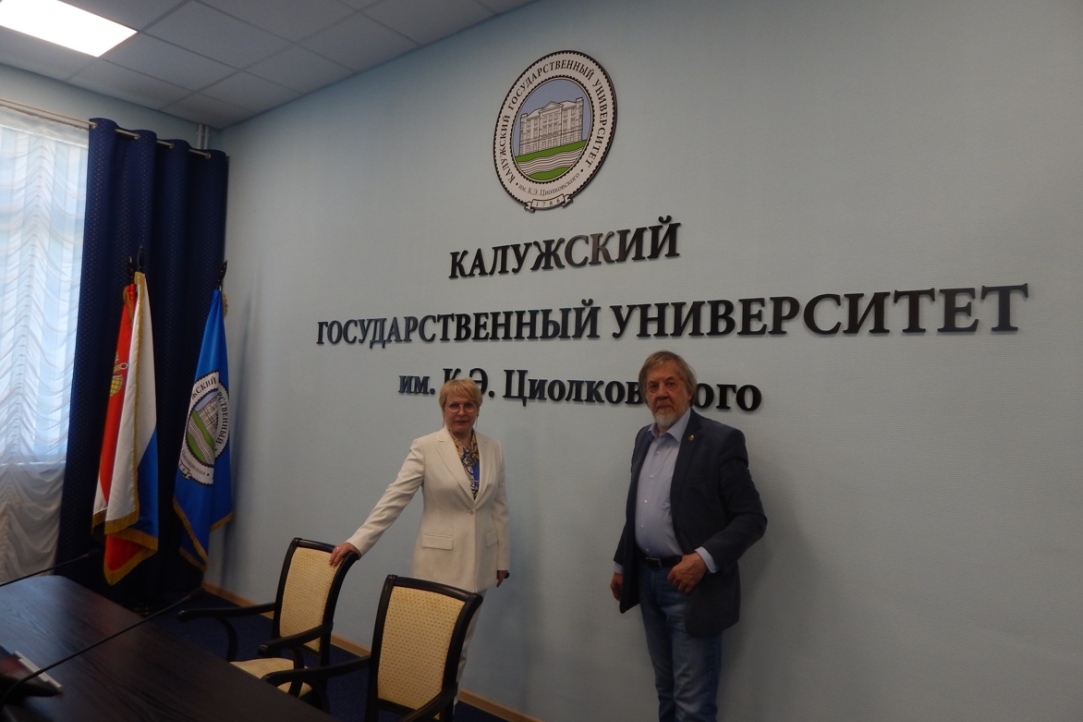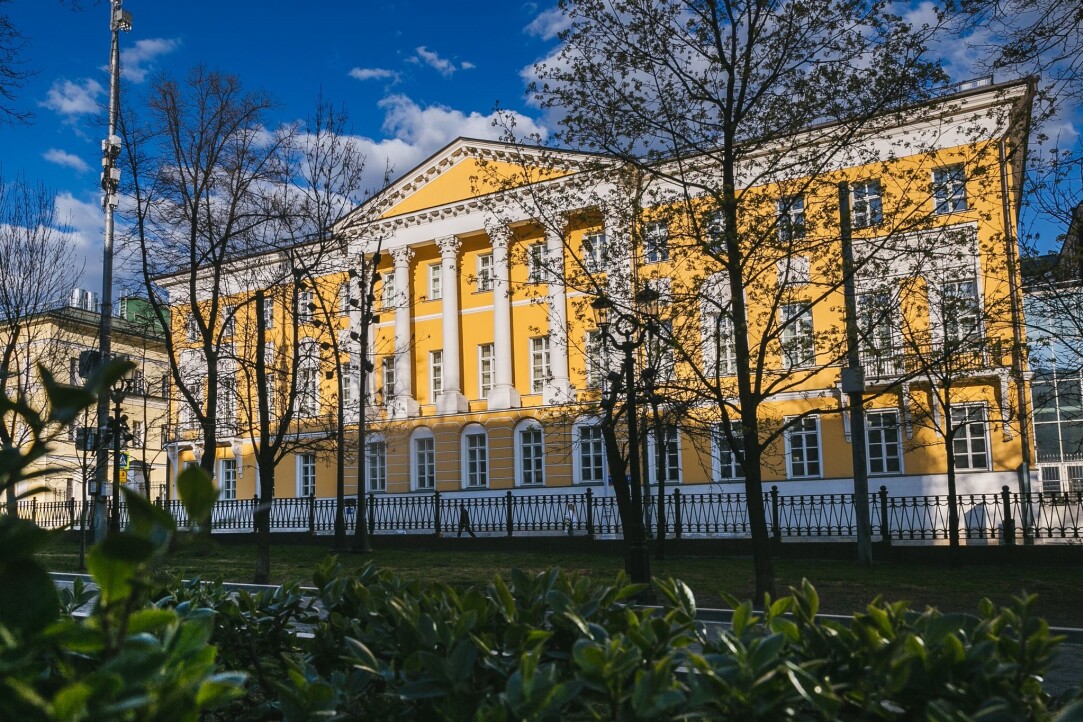On May 23-24, an All-Russian Scientific Conference "Urban Environment Transformation: New Trends and Old Problems" was held in Kaluga, organized by Kaluga State University named after K.E. Tsiolkovski and Institute of Scientific Information for Social Sciences of the Russian Academy of Sciences (INION RAN). Pavel Shulgin, the project leader of Human Capital Multidisciplinary Research Center, the head of the Centre for Regional Programs of Social and Cultural Development, and Olga Shtele, the leading expert of the Center, presented their report on the mapping of territories in order to preserve cultural heritage.




















